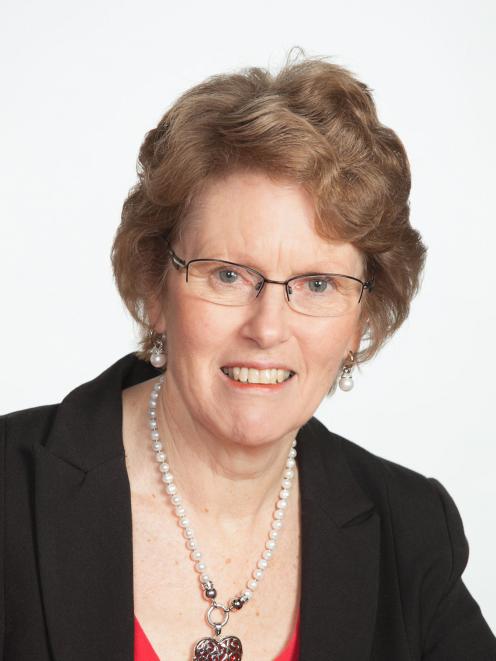
Case numbers have been tracking upwards in the last eight weeks, with health officials suggesting this wave could reach 11,000 cases a day, similar to the peak in July.
The latest weekly figures showed there were 24,068 new cases of Covid-19 reported in the community including 1676 in the Southern region. Hospital admissions are also rising.
It seems strange to think a year ago we were worried about reaching 1000 cases a day before Christmas.
The scene was rather different. Borders were closed and managed isolation was required for arrivals. We had the alert level system. Auckland was still under lockdown. We had yet to be confused by the soon-to-be-announced traffic lights system.
As we rushed to get vaccination rates up, vaccination passes were being introduced.
In September this year most Covid-19 restrictions had been abandoned and many people seem to have become complacent about the disease.
Although there have been frequent calls for the reinstatement of mask wearing mandates on public transport, the Government seems determined to continue with a hands-off, personal responsibility approach. Perhaps it fears the dreaded nanny state label heading into an election year.
In the absence of any direction from the Government, some organisations are introducing their own measures to protect their own workers and limit transmission of the disease, including regular rapid antigen testing for staff, encouraging mask wearing and limits on numbers in indoor settings.
As University of Otago epidemiologist Michael Baker says, it would be much better if there was clear guidance by experts at the health agencies which stated the recommended approach for keeping people safe at each level of risk.
We are still waiting for the promised regular infection prevalence survey to eventuate, and the Ministry of Health’s summer checklist has also not surfaced yet.
As we hear almost daily about the strain our public hospitals and general practitioners are under, anything people can do to avoid contracting or spreading Covid-19 should be top of mind.
It was good to hear this week that cruise ship owner Carnival Corporation is beefing up its Covid-19 protocols.
Whether its requirements that passengers wear masks on buses and shuttles will mean these visitors will do so when using Dunedin’s public transport is unclear.
Majestic Princess, which visited Dunedin recently was found to have 800 passengers with the virus.
Dunedin’s Mayor Jules Radich faced a backlash for his unfortunate comments about there being no cause for alarm about the prevalence of disease on the ship. He has welcomed the new protection measures and says he had limited information when he made his earlier comments.
If that is the case, perhaps there is a lesson for him about the need for considered responses.

People across the country will have been saddened at the news this week of the death of Lesley Elliott.
This brave and determined woman was somehow able to gather the strength to become a nationally known campaigner against domestic violence after the horrific experience of being so near and yet so far when her beloved daughter Sophie was brutally murdered in the Ravensbourne family home in 2008.
Her two books and the setting up of the Sophie Elliott Foundation have done much to help raise awareness among young and old about how to recognise abusive relationships and get out of them before it was too late.
When she was recognised for her work, co-author Bill O’Brien said she used to say "I don’t know what all the fuss is about — I’m just a nurse and a mother".
Anyone who met her or was touched by her message will know what all the fuss was about. Many will want to join the family to celebrate her life tomorrow.












